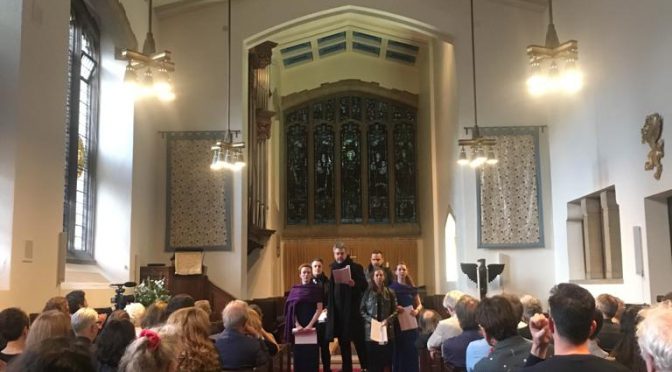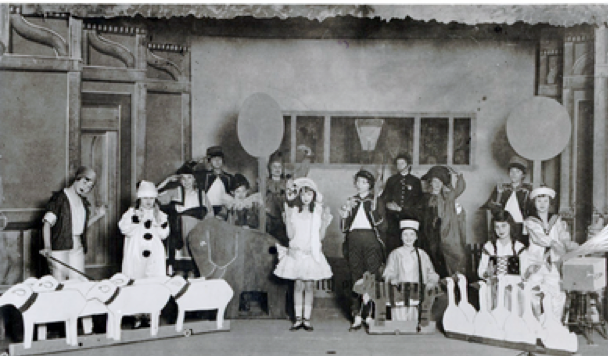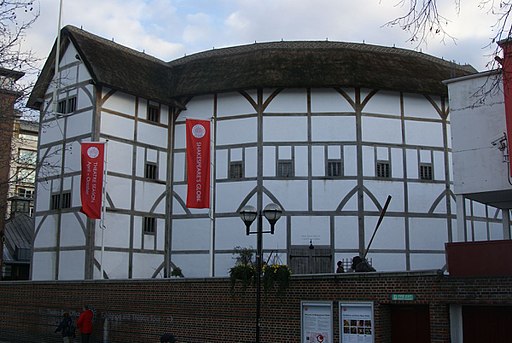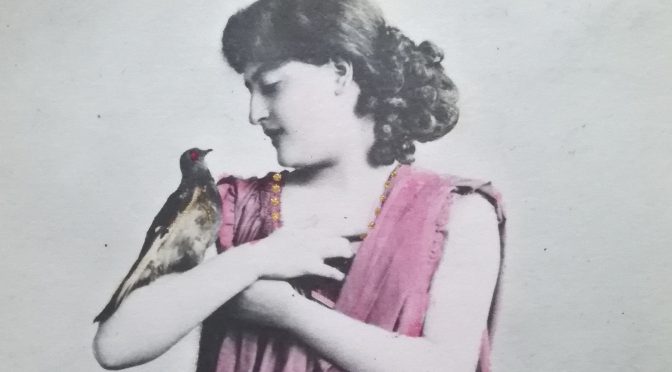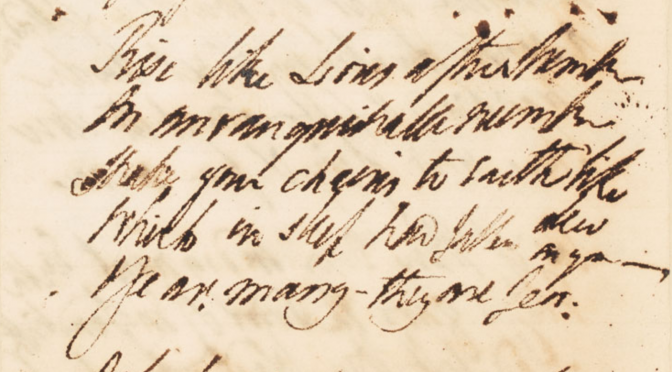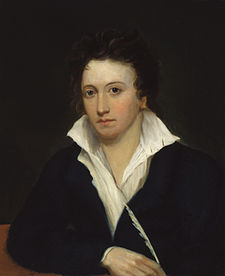By Dr Romola Nuttall and Julian Neuhauser
‘The Early Modern Inns of Court and the Circulation of Text’ was one of the events supported by the King’s English Department and two of its research groups (the Text Histories and Politics Research Cluster and the Collaborative Seed Fund Partnership) in the academic year 2018-19. This ambitious two-day conference took place in Bush House on 14-15 June 2019. What began as a conference expanded to include a talk at Middle Temple by the former Lord Chief Justice of England and Wales, (and Middle Templar) Lord Igor Judge, an event at Temple Church held in conjunction with the Inner Temple Historical Society and the Inner Temple Drama society, a Middle Temple Library exhibition of materials curated especially for the conference, and a professional revival of The Misfortunes of Arthur (1587) by the Dolphin’s Back theatre company in Gray’s Inn Chapel on 14 June 2019.

